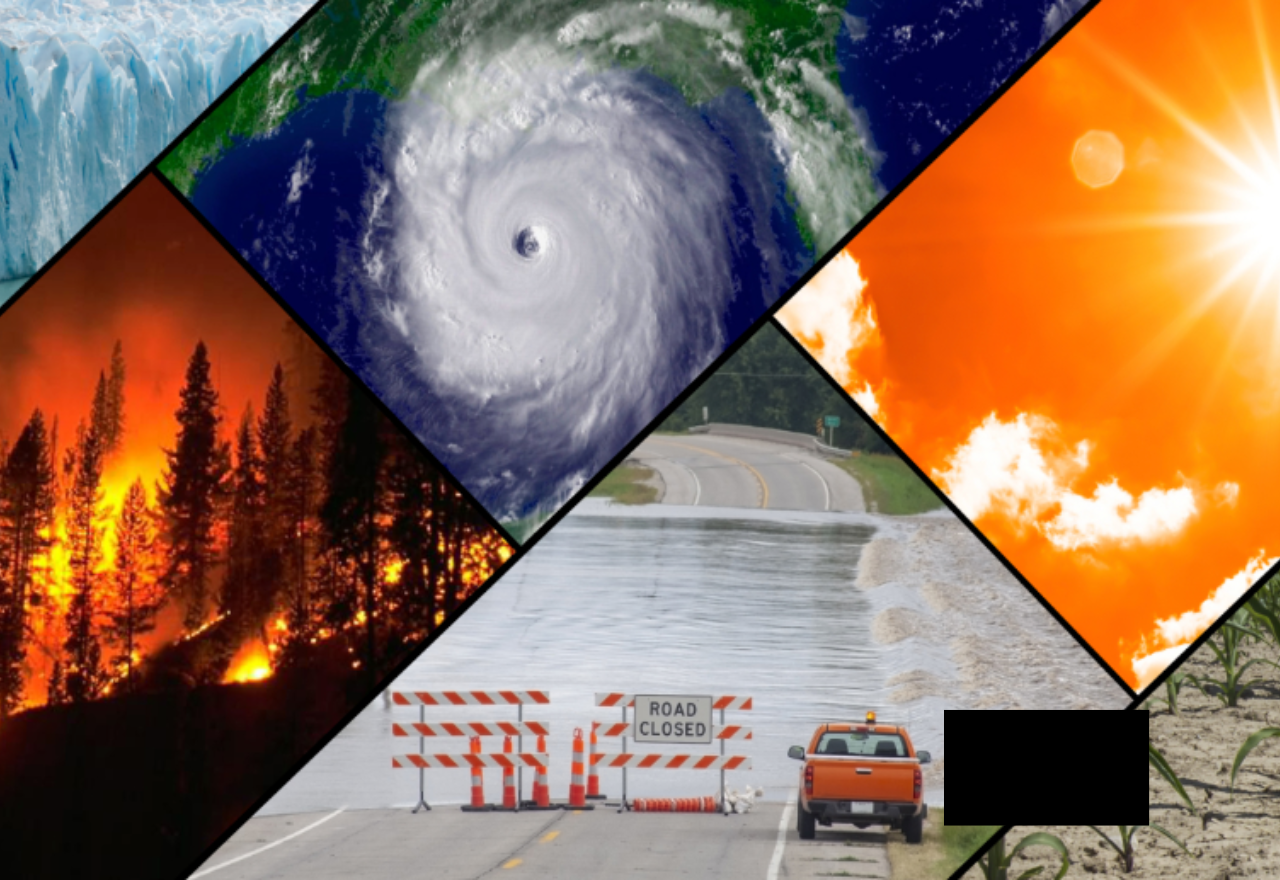NSW Govt reforms on climate reporting and transparency
18 October 2025, 10:01 PM

Mandatory climate-related reporting for government entities is being introduced under reforms by the NSW Government designed to better manage climate change risks and opportunities.
The move is also anticipated to drive private sector investment in climate action.
The disclosures apply to government departments, agencies and state-owned corporations, providing transparency and accountability over government actions to manage climate risks such as more frequent and severe heatwaves, bushfires and floods.
This is intended to help strengthen the State’s finances and give investors confidence in NSW’s delivery of climate commitments. In turn, this will help unlock private sector investment as part of the transformation to net zero.
Evidence from the World Bank and others shows investors are increasingly using government climate disclosures as part of their due diligence requirements.
NSW disclosures will report on four areas:
- ‘Governance’ of climate risk management
- ‘Strategy’ for managing climate-related risks and opportunities
- ‘Risk Management’ process to identify, assess, prioritise and monitor these risks and opportunities
- ‘Metrics and Targets’ to keep track of the performance about climate risk management and the progress towards climate-related targets.
The rollout of mandatory climate-related disclosures by NSW government entities comes ahead of the Minister for Climate Change, Penny Sharpe and Treasurer, Daniel Mookey, taking part in events with former US Vice President and environmentalist Al Gore.
The Minister for Climate Change will speak at the Investor Group Climate Change Summit, where Al Gore is a keynote speaker. The Summit’s program focuses on clean energy deployment, industrial decarbonisation, climate risk resilience and mobilisation of private capital to support climate.
Later in the day, the Treasurer is participating in a roundtable hosted by the Smart Energy Council, Melbourne Business School and Investor Group. The “Unlocking Climate Finance” roundtable will facilitate discussion on accelerating private-sector activity in Australia and across the Asia-Pacific to help deliver future Government climate goals.
NSW climate disclosures are being phased in over three years, starting with the most climate-exposed departments, agencies and state-owned corporations.
An initial 29 government entities will publish disclosures as part of their 2024-25 annual reports. These include:
- State-owned corporations, including Essential Energy and Sydney Water
- Principal departments, including NSW Health, Transport for NSW, the Department of Education and the Department of Communities and Justice
- Other large entities, including NSW Police and the NSW Land and Housing Corporation.
An additional 30 entities will publish their disclosures from 2025-26.
The new measures come ahead of the publication of a first whole-of-government climate-related financial disclosure next year.
The climate disclosures are part of a broader overhaul to the way NSW government entities prepare financial and annual reports. This move aims to reduce the burden of reporting, balance costs and ensure reporting content is useful.
The new annual reporting framework classifies NSW government entities into three groups based on their size, risk and characteristics. This will help determine the most appropriate form of reporting detail for an agency.
The scope of agencies producing some form of annual reporting will increase overall.
However, there will be two types of annual reporting. This will see fewer entities prepare the comprehensive Annual Report, and more entities prepare a new short-form Annual Information Statement.
Minister for Climate Change Penny Sharpe said, “The Minns Labor Government is driving strong climate action and the new climate-related financial disclosures will give investors a clearer picture of how NSW is managing climate change risks and pursuing opportunities for a cleaner future.
“Publishing these disclosures demonstrates our commitment to acting on climate change and being an early adopter of global leading practices.”
NSW Treasurer Daniel Mookhey said, “Climate disclosure reforms will provide evidence to support government decision-making and prioritisation of public funding.
“These disclosures provide comfort for private investors around our climate commitments and show NSW is taking action to tackle climate change.
“The broader improvements to annual reporting requirements mean agencies are able to maximise the effort spent on their core missions, while paying less attention to unnecessary red tape.”

